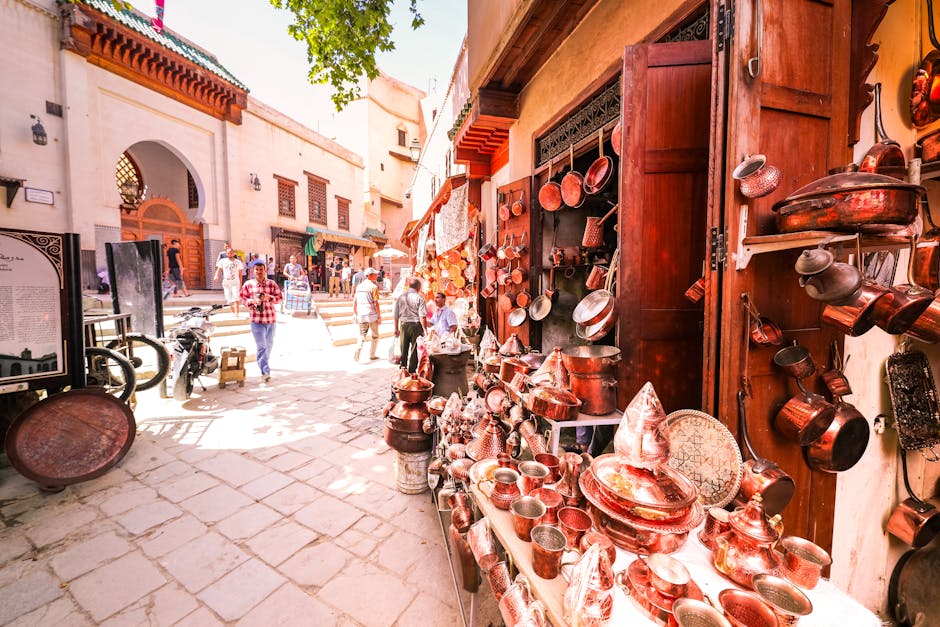A fundamental aspect of tourism is the desire for immersion, for an authentic understanding of a destination beyond its superficial attractions. This yearning for interaction drives many tourists to seek out cultural experiences. When travellers engage with local traditions, rituals, and customs, they gain a richer appreciation for the destination’s character, often fostering a deeper connection with the community. This immersion, however, is rarely a passive activity; it requires a conscious effort to respect cultural norms and engage in dialogue with local populations.
A crucial component of such exchanges is the transmission of cultural values. The exchange doesn’t simply flow in one direction; tourists bring their own perspectives, traditions, and ideas, enriching the host culture in their own unique way. This reciprocal exchange is invaluable. Local artisans can learn about contemporary designs and techniques from foreign visitors, leading to innovation and creativity in their craftwork. Similarly, tourists can gain profound insight into the local culture, learning about its history, beliefs, and practices.
Examining the economics of cultural exchange reveals a vital relationship. Tourism fueled by cultural interest significantly impacts a destination’s economy. The demand for cultural experiences translates into jobs for local guides, artisans, and performers, fostering income generation within communities. For example, traditional crafts become souvenirs, and cultural performances offer entertainment. This economic activity fosters a sense of pride and community ownership, strengthening the bond between the locals and the tourists.
However, a nuanced understanding of cultural exchanges in tourism must acknowledge potential challenges. Misunderstandings and misinterpretations are inevitable when different cultures interact. Tourists might unwittingly offend locals by misrepresenting their customs or failing to show respect for their beliefs. Likewise, local communities can face challenges in adapting to the influx of tourists, potentially leading to disruption of traditional ways of life.
Preservation of cultural heritage is a critical factor within this context. Tourism often becomes a powerful driver for preservation efforts. However, the influx of tourists can place significant pressure on fragile cultural sites and traditions. Maintaining authenticity while accommodating tourism requires careful planning and management. This includes implementing regulations, educating tourists about local customs, and involving local communities in the development of tourism infrastructure and activities. Authentic cultural experiences are not simply opportunities for passive consumption but are dynamic interactions that should be conducted respectfully and carefully.
The portrayal of cultures within the tourist industry is another critical area demanding consideration. Media representations of cultures significantly influence tourists’ expectations and perceptions. While often intended to promote a destination, these depictions can sometimes perpetuate stereotypes or misrepresent realities. Promoting accurate and nuanced portrayals is paramount to fostering respectful encounters. It’s important that the tourism sector actively works to challenge these stereotypes, showcasing the complex and multifaceted nature of cultures.
An example of successful cultural integration in tourism can be found in the revitalization of traditional crafts in rural communities. By creating opportunities for artisans to showcase their work to tourists, tourism can support and preserve cultural heritage. Furthermore, well-organized local participation ensures that the economic benefits of tourism are shared with the community, rather than being solely absorbed by businesses or individuals. This form of community-based tourism is increasingly recognized as a powerful tool for sustainable cultural preservation.
Furthermore, the ethical considerations in cultural exchanges must be carefully addressed. Tourism can potentially exploit or commodify cultures, reducing them to mere spectacles for entertainment. Avoiding such exploitation requires a deep commitment to ethical practices. Respecting local traditions, engaging in responsible consumption, and ensuring fair compensation for cultural performers and artisans are key elements of ethical tourism. The development of guidelines and codes of conduct within the tourism industry can play an important role in establishing standards for respectful and responsible cultural interactions.
In summary, cultural exchanges play a critical role in tourism. These encounters shape the traveler’s experience, impacting their understanding and appreciation of destinations. The tourism sector must actively engage in cultural preservation efforts, promote accurate portrayals of cultures, and ensure that the benefits of tourism are fairly distributed among the communities. This includes acknowledging potential challenges, fostering respectful communication, and promoting ethical practices throughout the tourism industry, allowing for truly meaningful and sustainable cultural interactions. The impact is profound, influencing everything from economic outcomes and cultural preservation to the development of a more tolerant and interconnected world.
